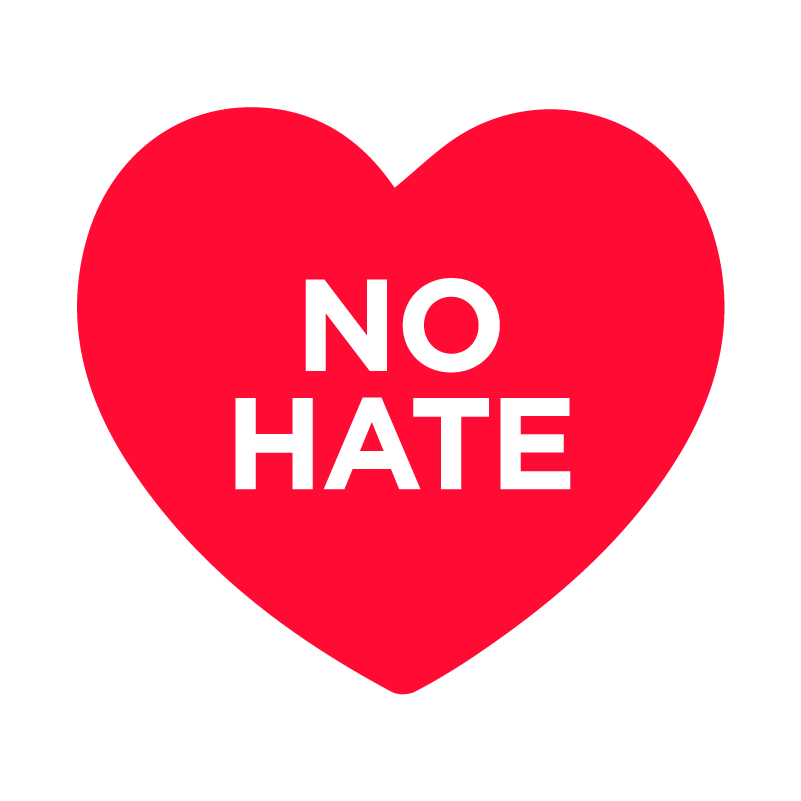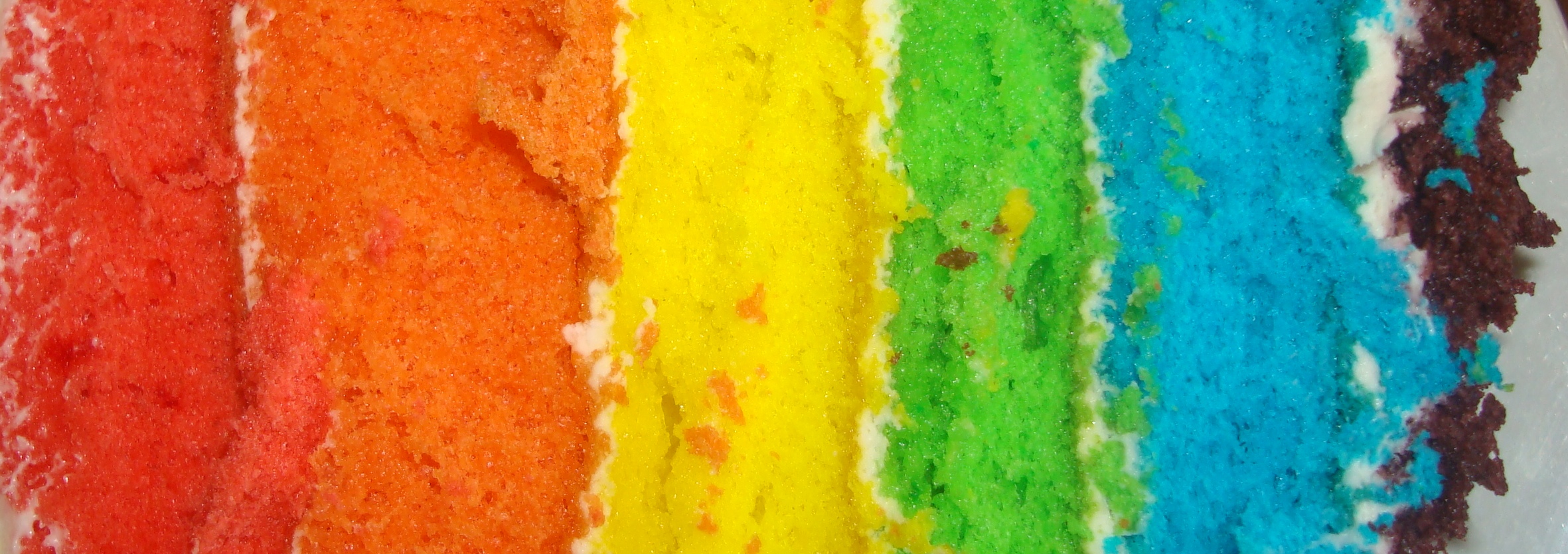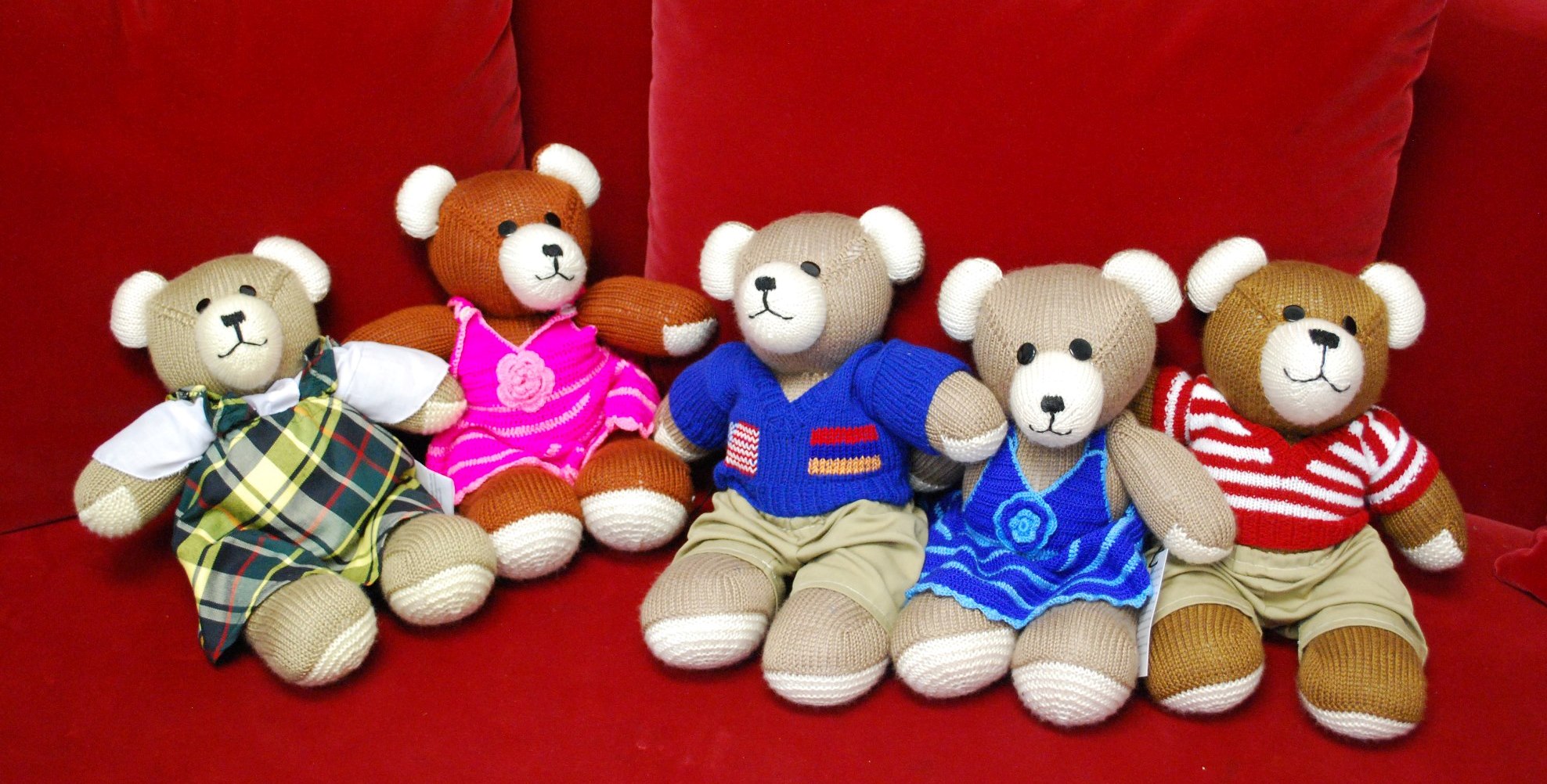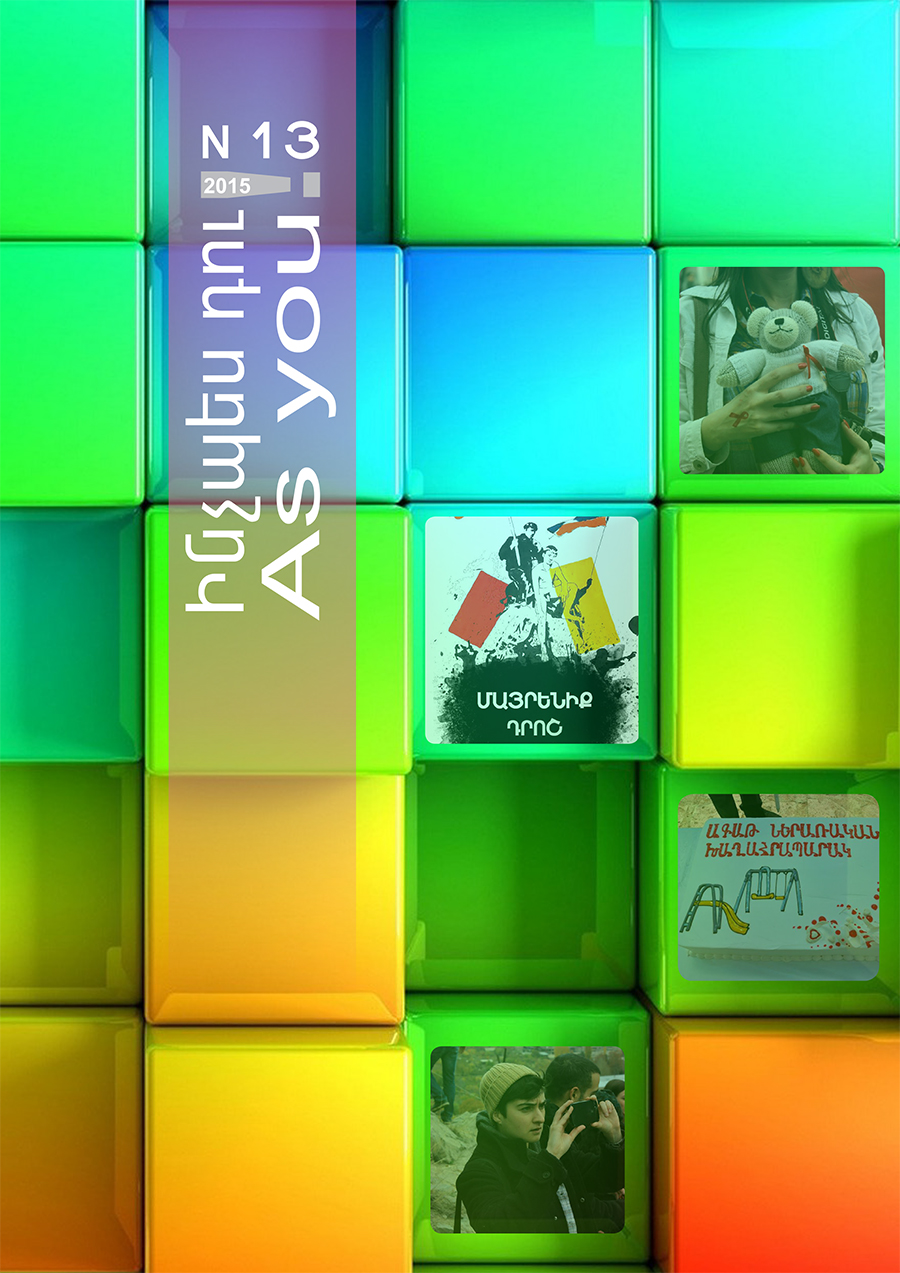
Caspar David Friedrich – Wanderer Above the Sea of Fog
24-year-old David came out to his family over the span of two years. He began with his cousins, then his aunts and uncles, and then eventually his immediate family.
“I kept telling myself that my family wasn’t ready for me to come out and that it would be a big shock for them, but in reality I was the one who wasn’t ready. The fear of not knowing what the next moment would bring kept holding me back,” David says, remembering that he was most worried about telling his mother. “One night I was sitting with her on the couch and the only thing I could think about was how much I hated hiding my true self from the closest people in my life, so I decided to just pull off the band aid and I told her.”
Though David expected worse reactions from members of his family from older generations—his aunts, uncles, mother—he says that they were positive and accepting, much to his surprise.
When asked if he thinks coming out is important, David says, “Absolutely. Coming out has brought me so much peace and happiness that I could never have had if I had to hide my identity from my family. I understand, however, that not all coming out stories end like mine, and there [can be a] real threat to people’s lives and well-being, so I’m definitely not saying that everyone should come out to their families right this moment and [that] everything will be great.”
Unlike David’s case, Diana’s mother did not accept her daughter’s true sexuality immediately.
Diana was 17 years old when she decided to be honest with her mother about her sexuality. Though Diana’s mother had doubts about her daughter’s sexual orientation for two years, when she heard the news that Diana was lesbian, she cried.
With time, Diana and her mother began to speak more about Diana’s sexual orientation, and eventually Diana received her mother’s support. “She protects me from the judgment of my aunts and other family members,” says Diana, now 18, who jokes that her mother is even interested in her girlfriends.
When local media published a photograph of participants of the “Rainbow” LGBT forum in October 2015, which included Diana, her mother worried that the entire family would find out. Their family did find out, but Diana’s mother continued defending her.
It was not Ara’s sexual orientation that his mother was concerned about when he came out to her at the age of 21, but rather the very homophobic society they lived in. Ara, now 22, first began coming out to his friends, and eventually to his mother.
“Support. Support, support, support, support, support.” Ara’s mother (her name has been excluded upon her request) says support is the biggest gift a parent can give to their child.
When asked what she felt when he came out to her, she says relief. “It was a relief on the basis that he could then feel comfortable with me, rather than feeling insecure.”
Ara’s mother says that though she always knew that he was gay, it was not her right to out Ara to others—specifically his father—even after he came out to her.
“For me, it wasn’t too much of a shock—I have lots of gay friends and a couple of my very closest friends are gay. But for me, the hardest part was that particular year that I couldn’t speak to my husband, because we have no secrets within the family. [But] I did not see it as my right to out Ara. It was up to him.”
Ara came out to his father just after the 2015 New Year. “He also said it was fine. They have had many LGBT friends over the years. They are very open-minded. My parents have completely accepted me. I was even living with my boyfriend [in Yerevan],” he says.
Ara knew he was gay from around the age of 13, but says that he had a hard time accepting it, and that there was a time when he thought there were no other gay people in Armenia.
Ara’s mother took him to PINK Armenia, an LGBT rights organization in Armenia, to introduce him to the organization, keep him informed on various issues LGBT people face, and to ensure that he was safe.
“When he came out he was very upset,” recalls his mother, “We sat up until dawn talking about everything, from relationships to sex to precautions to different types of things that you do get within the gay community. I wanted him to also come [to PINK] and hear it from somebody else who is in the same situation. It’s one thing for your mother to tell you these things, and you would associate your mom talking about heterosexual situations rather than LGBT situations. And, well I’m not gay; I really cannot speak from experience.”
What is Ara’s mother’s advice to other parents whose children have come out as LGBT? “Talk to your kids. Talk and talk and talk. And when I say talk, you talk but majority of the time you need to listen. You must listen. Do not be judgmental. This is not an illness; this is not a choice.” She goes on to say that children are not accessories to their parents, but rather individual human beings who will one day grow up to be their own persons with their own mind. “It’s not easy being gay in Armenia, and as parents you always want your children to live in this bubble of comfort and opportunities and possibilities and acceptances—to live on a bed of roses. But life is not always a bed of roses—sometimes those roses have thorns. You will always be disappointed with one thing or another, but you must always remember that it’s your duty as a parent to be supportive of your children, especially emotionally.”
Ara no longer lives in Armenia. His father was also concerned that living in a homophobic society would be difficult. “He asked if [my sexuality] was the main reason I wanted to leave Armenia. I told him that it was not the main reason, but it was a factor.”
Now, most of Ara’s family knows about his sexuality. He says that they do not regard a person’s sexual orientation as something they must accept or not accept, they just understand, that some people are simply gay.
Nana Shakhnazaryan
Kyle Khandikian



